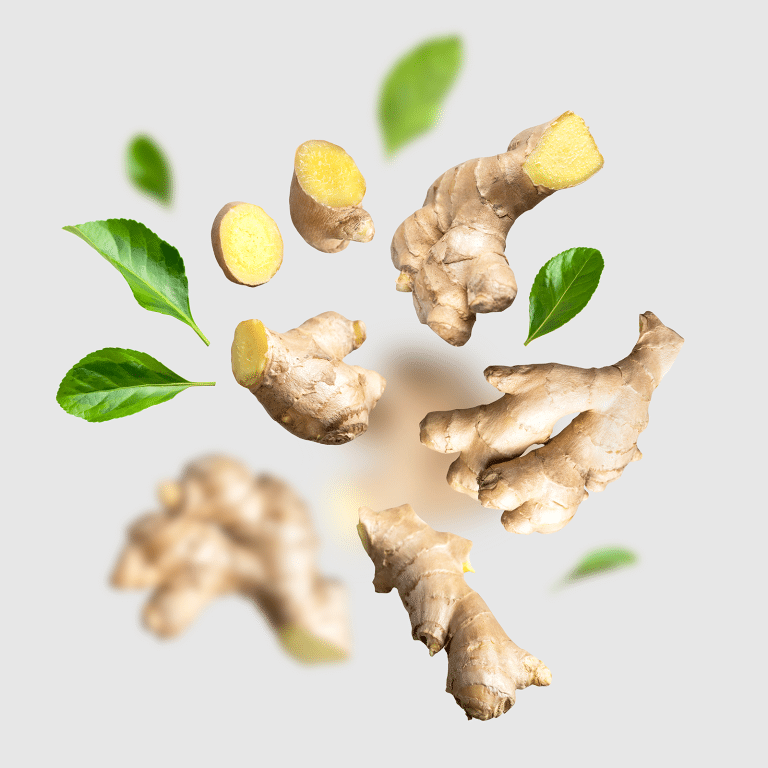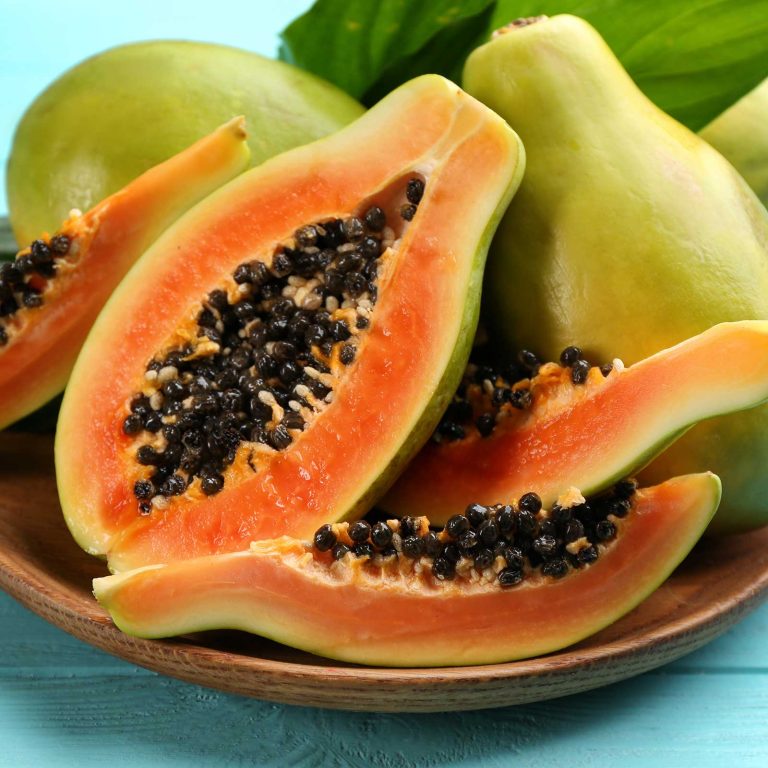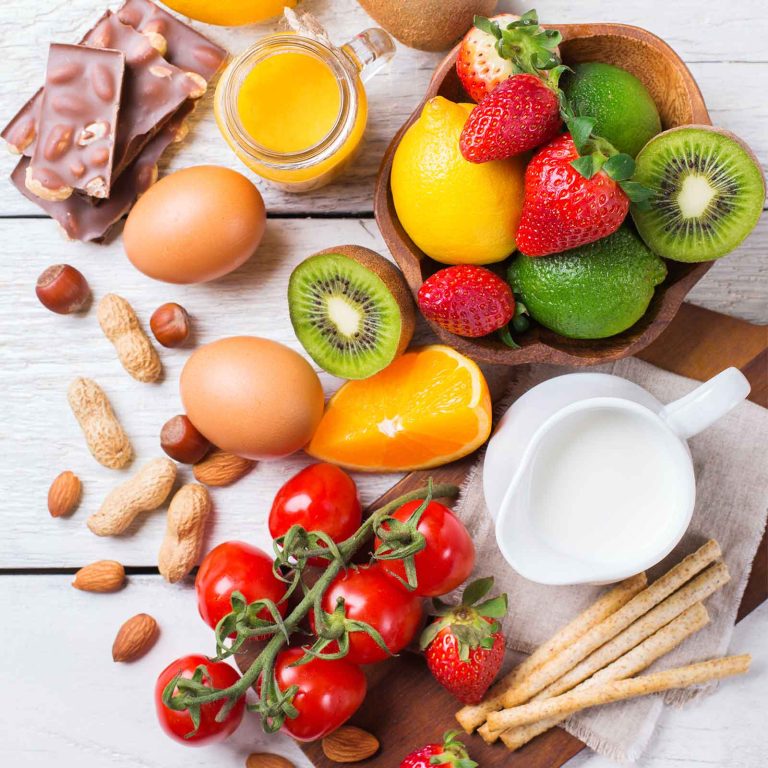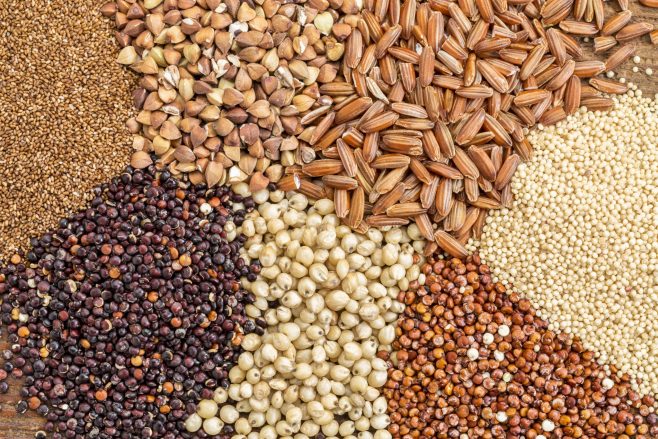Still not feeling your best despite adopting a gluten-free diet? Accredited Practising Dietitian (APD) and fellow coeliac, SALLY MARCHINI suggests five reasons why.
“I’ve been medically diagnosed with coeliac disease and following a gluten-free diet, but my health isn’t improving. What should I do?” This question is more common than many realise, and there are several potential causes for it.
1. On-Going Gluten Exposure
The most common reason why your health is not improving on a gluten-free diet is continued exposure to gluten. In fact, a study published in BMC Gastroenterology found that accidental or unknown consumption of gluten occurred in 80 percent of cases.
As a dietitian it surprises me how many people I see who are not taught the strict gluten-free diet upon their diagnosis. If this sounds like you or you could do with a refresher, speak to a dietitian who works in this area. There are many tips and tricks they can share.
2. Not Enough Time Has Passed
Depending on age and level of villi damage at diagnosis, it can take months, sometimes even up to a year, before patients start to see their health improving on a strict gluten-free diet.
3. You Have Another Health Condition Causing Your Symptoms
Just because you’ve been diagnosed with coeliac disease doesn’t mean that there wasn’t something else going on at the same time that may still need to be discovered.
The most common of these that we see in dietetic practice is Irritable Bowel Syndrome (IBS). It has quite a high prevalence in the Australian population. The Gastroenterological Society of Australia (GESA) estimates that around one in five Australians experiences the unpleasant symptoms of IBS at some time, so it’s not surprising we see some people with coeliac disease also being diagnosed with it independently. This is most likely in people whose symptoms are gut related such as constipation, diarrhoea, and painful bloating even when you’re sure you have not consumed any gluten.
We know that up to 70 percent of people with IBS symptoms may be helped by the low-FODMAP diet. Your dietitian will help you to understand how that works with coeliac disease, and help you to work out exactly which FODMAP foods you’re intolerant to so that you can work towards a nutritionally balanced diet.
If the ongoing IBS symptoms also include other symptoms such as (but not limited to) urticaria, chronic mouth ulcers, migraines, mood swings, nausea, chronic cough, joint and muscle pain, then it may also be worth investigating food chemicals with your dietitian.
Speak to your GP or your dietitian if you’re not sure about these options.
4. Refractory Coeliac Disease
Refractory coeliac disease is rare. Research has found it occurs in less than 1 percent of the population and we don’t often talk about it in case it scares people unnecessarily. The diagnosis is made after all other possibilities are ruled out and symptoms persist for more than 12 months.
5. Coeliac Disease Is The Wrong Diagnosis
There are medical conditions that have similar presentation to coeliac disease and if poor health continues after ruling out all of the above then you may like to have your GP refer you for testing for some causes.
Dr Jason Tye-Din, gastroenterologist and member of the Coeliac Australia Medical Advisory Committee tells us, “Villous atrophy is suggestive but not pathognomonic of coeliac disease. Other causes to consider, especially if coeliac disease serology is negative, include Giardia, common variable immunodeficiency, Crohn’s disease, tropical sprue, autoimmune enteropathy, cow’s milk protein intolerance and some medications (eg olmesartan).”
Be sure to get your GP to investigate these too if necessary.
If you are still experiencing symptoms after your diagnosis of coeliac disease it’s best to ensure that you’re working with an Accredited Practising Dietitian who has coeliac disease listed as an area of interest so that they can help you to work through possibilities in a systematic way for your best health outcomes.







